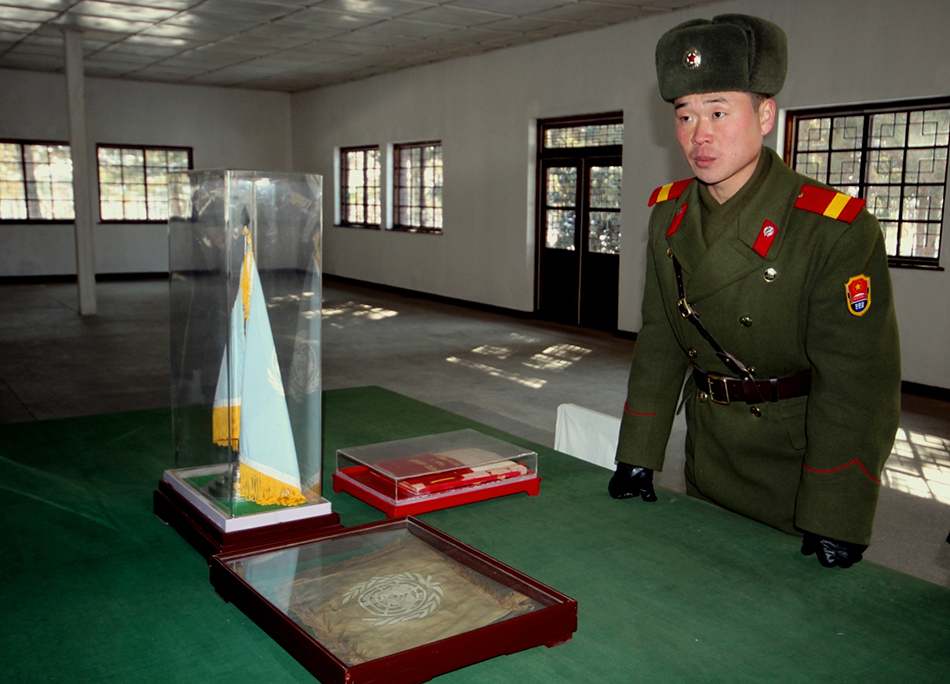What a difference a few months can make, even to the decades-old conflict on the Korean peninsula.
A signed agreement has now emerged from a luxurious Singapore hotel. Two mercurial, unpredictable men who could not be seen to lose face in front of the other have clasped hands and produced an agreement: United States military forces will suspend joint military exercises with South Korea. In return there will be ‘comprehensive denuclearisation’ by North Korea.
The wording of the document, however, seems vague. While the incentives for Donald Trump—seeking re-election and vaunted as a Nobel Peace Prize winner—are obvious, those of his counterpart Kim Jong-un are less so.
Behind the scenes
Those foreigners granted visas to enter North Korea are invariably assigned ‘minders’ or ‘guides’ who will chaperone them at all times, ensuring they see a highly sanitised version of the country.
On my own visits there it has been little different: my itinerary tended to focus on the showcase capital city of Pyongyang with emphasis on how Kim’s grandfather Kim Il-sung constructed an Earthly paradise, a regimented and garrisoned island of plenty in a sea of want. Given the reality of economic isolation, sanctions and famine, this seems tragic and grotesque but the regime has very successfully choked the inflow of information about the outside world since the Korean War ended in 1953.
I remember travelling on a train from Pyongyang to the Chinese border in late 2003 when I shared a carriage with a Canadian businessman and an Egyptian diplomat. Nine years later I made the same trip in the opposite direction. This time the carriage was packed with North Koreans. They looked rather shabby and threadbare compared to the Chinese citizens I’d seen the previous week. But many were bent over mobile phones, something unthinkable in 2003, their index fingers dancing over illuminated screens. Only later did I discover that the regime only allowed the communications company manufacturing the devices to operate in North Korea because the mobiles were specially wired to receive state-sanctioned signals and nothing else.










